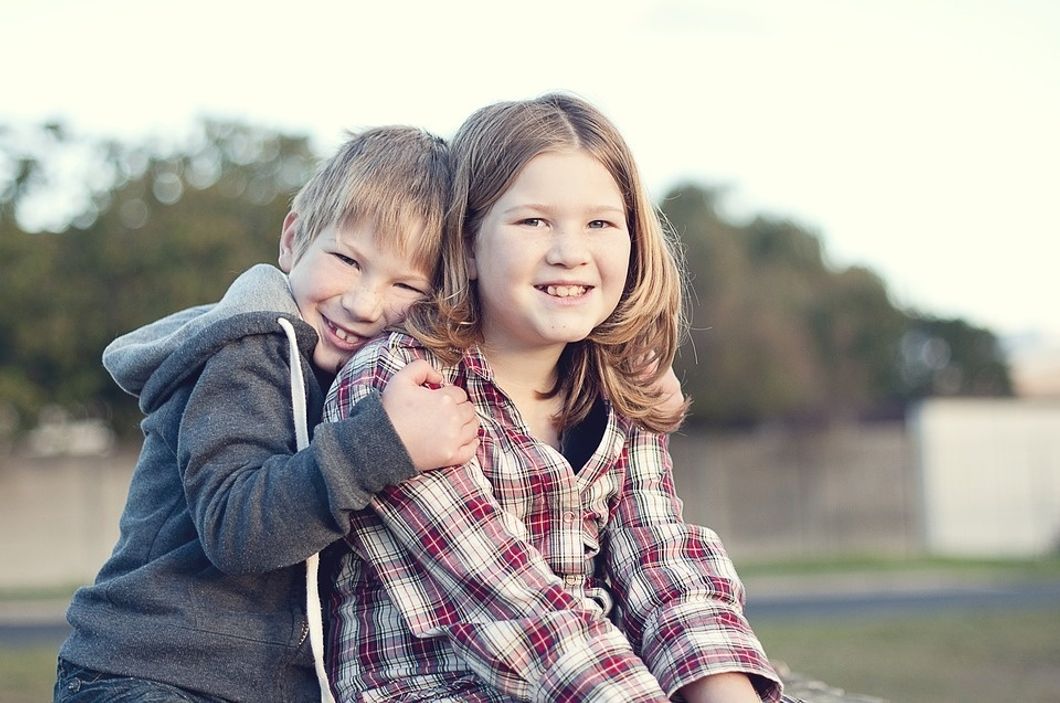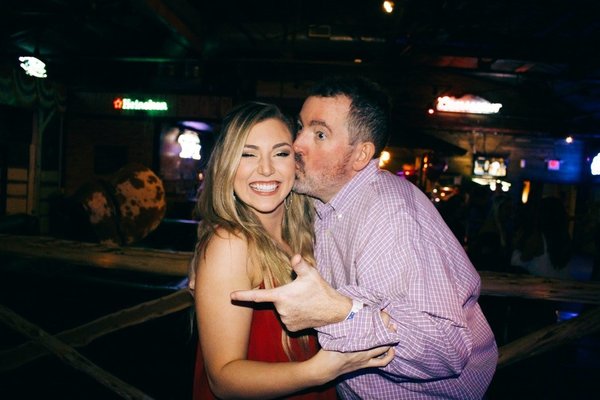Everyone that has a sibling knows two facts: that at times they are amazing, and that at other times, they are frankly a royal pain. So, how does having a sibling with additional needs affect this relationship? For the most part, it doesn't, but it's important to consider that there are some additional woes that come along with being a sibling of a disabled person.
Possibly one of the most obvious ways that having a sibling with additional needs differs from having a typically developing sibling, is that you often take on a carer role, a role that begins even as a child. Just like an adult, full-time carers (but with a much lesser responsibility), these siblings protect and care for their brothers and sisters in ways others would not know. There is an understanding, usually from a very young age, that they have more responsibilities and have to be more careful with their sibling than their friends may have to be with theirs.
While this certainly creates a somewhat different relationship, it is not to be mistaken for a lack of strong sibling bond, closeness just looks a little different. Many siblings will still share a joke and have activities they enjoy doing together, equally, they will know how to wind each other up and get on each other's nerves. Siblings are still siblings: one may just have a few extra needs as opposed to the other and consequently, need more care and attention.
To be completely honest, as a child there is not all too much to worry about. The troubles children often perceive as challenging in relation to their sibling with additional needs, are often looked back upon in embarrassment, things like being ashamed when siblings acted out in malls, gaining the disapproving stares of shoppers. As children, it is also not uncommon to be annoyed at siblings for the hurtful, ignorant comments received from those who fail to be tolerant and accepting, not yet realizing that this is not the fault of anyone but those ignorant individuals. It is not until later that children learn this ignorance provides a fantastic opportunity to educate.
Around the same age that children begin to understand the world around them and the intertwining impact individuals have on one another, they also begin to understand that there are people who have a severe lack of understanding of their sibling's needs and consequently, act in a discriminatory and belittling manner towards them. This is a hard-hitting reality when all they have ever done is loved their sibling, to discover that just because their sibling is different, people will treat them as lesser than. However, with this realization comes the discover that as siblings of those with additional needs, you can speak up and educate others in order to transform ignorance into understanding through correcting the many misconceptions of disability in today's society.
As siblings continue to grow older, the challenges of having a brother or sister with additional needs change once again. By this point, siblings are mostly used to the extra roles they take on, protecting, caring, learning and objecting to the face of ignorance. What they are not used to though is the adult world and the many commitments that come with it. Many siblings of disability begin to worry about matters that wouldn't even cross the minds of those with typical siblings.
They begin to worry about finances, how they will take care of their sibling when their parents are gone, how they will guarantee financial stability to not only themselves but their sibling too. They start thinking about future partners and whether they would embrace your sibling as much as you do. On top of this, these siblings now understand the worries that their parents have always had: whether their sibling will get a job, whether they'll find someone they love, whether they will lead a happy life and most importantly, whether they will be accepted and included? To lead a happy and healthy life is all that a sibling ever wants for the other, but the reality of the stigma and discrimination surrounding additional needs can make it hard to envision.
Siblings are often the forgotten factors in families of disability, but it is paramount they are not forgotten because, on top of all that growing up throws at them, they already have challenges that others do not face. Perhaps one of the biggest challenges is that their peers often do not understand the ways in which having a sibling with additional needs can impact these individuals.
Despite these challenges, it is important to remember that siblings with disabilities are still just siblings and that their love for each other remains unchanged, even if their relationship looks a little different from what is considered the norm, and consequently, no one should ever assume otherwise.
















